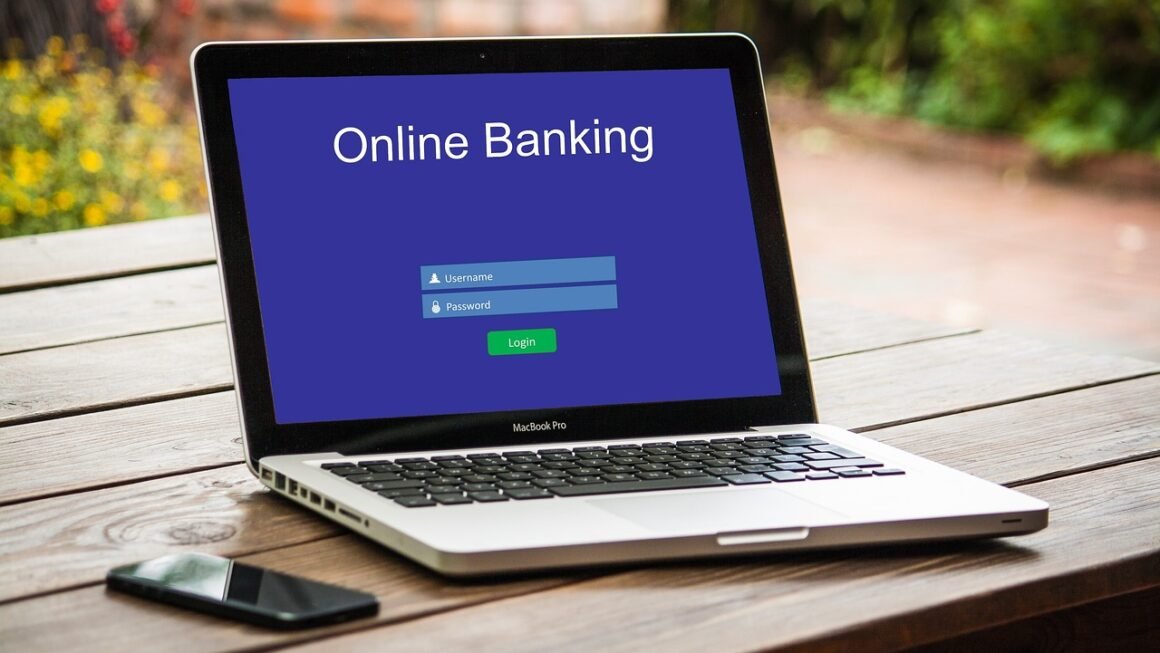Securing your website is more critical than ever in today’s digital landscape. A core component of online security is the SSL certificate, which encrypts the connection between your website and your visitors. Without it, sensitive data like passwords and credit card details are vulnerable to interception. This comprehensive guide will explore everything you need to know about SSL certificates, from understanding their purpose to choosing the right one for your website.
What is an SSL Certificate?
Defining SSL and TLS
SSL (Secure Sockets Layer) and its successor TLS (Transport Layer Security) are cryptographic protocols that provide secure communication over a network. While technically TLS is the current standard, the term “SSL” is still widely used and understood. Think of them as the digital handshake that establishes a secure, encrypted channel between a web server and a user’s browser.
How SSL Certificates Work
An SSL certificate acts as a digital identity for your website. It verifies that the website is who it claims to be, preventing impersonation and “man-in-the-middle” attacks. Here’s a simplified breakdown:
- Request: When a user visits your website (e.g.,
https://www.example.com), their browser requests the website’s SSL certificate. - Verification: The server sends a copy of the SSL certificate to the user’s browser.
- Validation: The browser checks the certificate’s validity by verifying it against a list of trusted Certificate Authorities (CAs). It also checks the expiration date and the domain name.
- Secure Connection: If the certificate is valid, the browser establishes an encrypted connection with the server using the public key contained within the certificate. Data exchanged between the browser and server is now encrypted using this key.
The encryption process uses public-key cryptography. The SSL certificate contains a public key, while the server possesses a corresponding private key. Data encrypted with the public key can only be decrypted with the private key, ensuring secure communication.
Why You Need an SSL Certificate
Having an SSL certificate is no longer optional; it’s essential for several reasons:
- Security: Protects sensitive data like passwords, credit card numbers, and personal information from being intercepted by hackers.
- Trust: Displays a padlock icon in the browser’s address bar, reassuring visitors that your website is secure and trustworthy. This is crucial for building customer confidence.
- SEO Ranking: Google prioritizes websites with SSL certificates, giving them a ranking boost in search results. In 2014, Google announced that HTTPS would be used as a ranking signal.
- Compliance: Many regulations and standards, such as GDPR and PCI DSS, require the use of SSL certificates to protect user data.
- Conversion Rates: A secure website with the HTTPS protocol often sees higher conversion rates as users feel safer providing their information.
Different Types of SSL Certificates
Domain Validated (DV) Certificates
DV certificates offer the most basic level of validation. The Certificate Authority verifies that you own the domain name. This is typically done by sending an email to the registered email address associated with the domain.
Pros:
- Fast issuance (often within minutes)
- Lowest cost
- Suitable for blogs and personal websites
Cons:
- Limited validation
- Not suitable for e-commerce or businesses handling sensitive data
Example: A small blog primarily sharing recipes might choose a DV certificate.
Organization Validated (OV) Certificates
OV certificates provide a higher level of validation than DV certificates. The Certificate Authority verifies the existence and legitimacy of your organization.
Pros:
- Stronger validation than DV
- Displays organization information in the certificate details
- Suitable for businesses and organizations
Cons:
- Longer issuance time (typically a few days)
- More expensive than DV certificates
Example: A small business selling handcrafted goods online might choose an OV certificate.
Extended Validation (EV) Certificates
EV certificates offer the highest level of validation. The Certificate Authority performs a thorough investigation of your organization before issuing the certificate. EV certificates trigger the display of the organization’s name in the browser’s address bar (next to the padlock), providing a strong visual cue to users that the website is highly trustworthy. While some modern browsers are phasing out the direct display of the organization name, the underlying validation remains a significant benefit.
Pros:
- Highest level of trust and security
- Displays organization name (or other clear indicator) in the browser address bar (depending on the browser)
- Suitable for e-commerce, financial institutions, and organizations handling highly sensitive data
Cons:
- Longest issuance time (typically a week or more)
- Most expensive type of SSL certificate
- Requires extensive documentation for validation
Example: A bank or a large e-commerce store processing credit card transactions would typically use an EV certificate.
Wildcard SSL Certificates
Wildcard SSL certificates secure your main domain and all its subdomains with a single certificate. For example, a wildcard certificate for *.example.com would secure www.example.com, blog.example.com, shop.example.com, and any other subdomain.
Pros:
- Simplified certificate management
- Cost-effective compared to purchasing individual certificates for each subdomain
Cons:
- Requires careful management of the private key to ensure security across all subdomains.
Choosing the Right SSL Certificate
Assessing Your Needs
The best type of SSL certificate for your website depends on your specific needs and budget. Consider the following factors:
- Website Type: Is it a personal blog, a small business website, or an e-commerce store?
- Data Sensitivity: Are you collecting sensitive data like credit card numbers or personal information?
- Budget: SSL certificates range in price from free to several hundred dollars per year.
- Number of Subdomains: Do you need to secure multiple subdomains?
Certificate Authority Selection
Choosing a reputable Certificate Authority (CA) is crucial. Some popular and trusted CAs include:
- Let’s Encrypt (free, automated DV certificates)
- Sectigo (formerly Comodo)
- DigiCert (includes Thawte, GeoTrust, RapidSSL)
- GlobalSign
When selecting a CA, consider factors such as their reputation, pricing, certificate features, and customer support.
Practical Example: Choosing for an E-commerce Site
Let’s say you run an e-commerce website selling clothes. You are collecting customer addresses and credit card information. You also have a blog on blog.example.com and a help center on help.example.com. In this case, you would likely choose either an OV or EV certificate paired with a Wildcard certificate.
- OV or EV: To build trust and reassure customers during checkout.
- Wildcard: To easily secure both your main domain and the
blog.example.comandhelp.example.comsubdomains.
Installing and Managing SSL Certificates
Generating a CSR (Certificate Signing Request)
Before you can obtain an SSL certificate, you need to generate a CSR on your web server. The CSR contains information about your domain name, organization (if applicable), and public key.
The process for generating a CSR varies depending on your web server software (e.g., Apache, Nginx, IIS). Most hosting providers offer tools within their control panel to generate a CSR easily. Many tools are also available online for free, however caution should be used to protect the private key. If you are not comfortable generating a CSR yourself, consult with your hosting provider.
SSL Certificate Installation
Once you receive your SSL certificate from the Certificate Authority, you need to install it on your web server. This process also varies depending on your web server software. Your hosting provider or CA should provide detailed instructions. Typically, the installation involves uploading the certificate file and the intermediate certificate chain (if provided) to your server and configuring your web server to use the certificate.
Renewal and Monitoring
SSL certificates have an expiration date. It’s crucial to renew your certificate before it expires to avoid security warnings in browsers and potential loss of trust with your visitors. Most CAs offer automatic renewal options, but it’s still essential to monitor your certificate’s expiration date and ensure timely renewal.
Tip: Set a reminder in your calendar to renew your SSL certificate well in advance of its expiration date.
Also monitor your SSL certificate configuration regularly to ensure it’s properly configured and up-to-date. There are many online tools that can help you verify that your SSL is set up correctly.
Conclusion
SSL certificates are a fundamental requirement for any website that wants to provide a secure and trustworthy experience for its users. By understanding the different types of SSL certificates, choosing the right one for your needs, and properly installing and managing it, you can protect your website and your visitors from online threats. Prioritizing website security through SSL implementation is not just a technical requirement; it’s an investment in your brand’s reputation and long-term success. Don’t wait – secure your website today!



